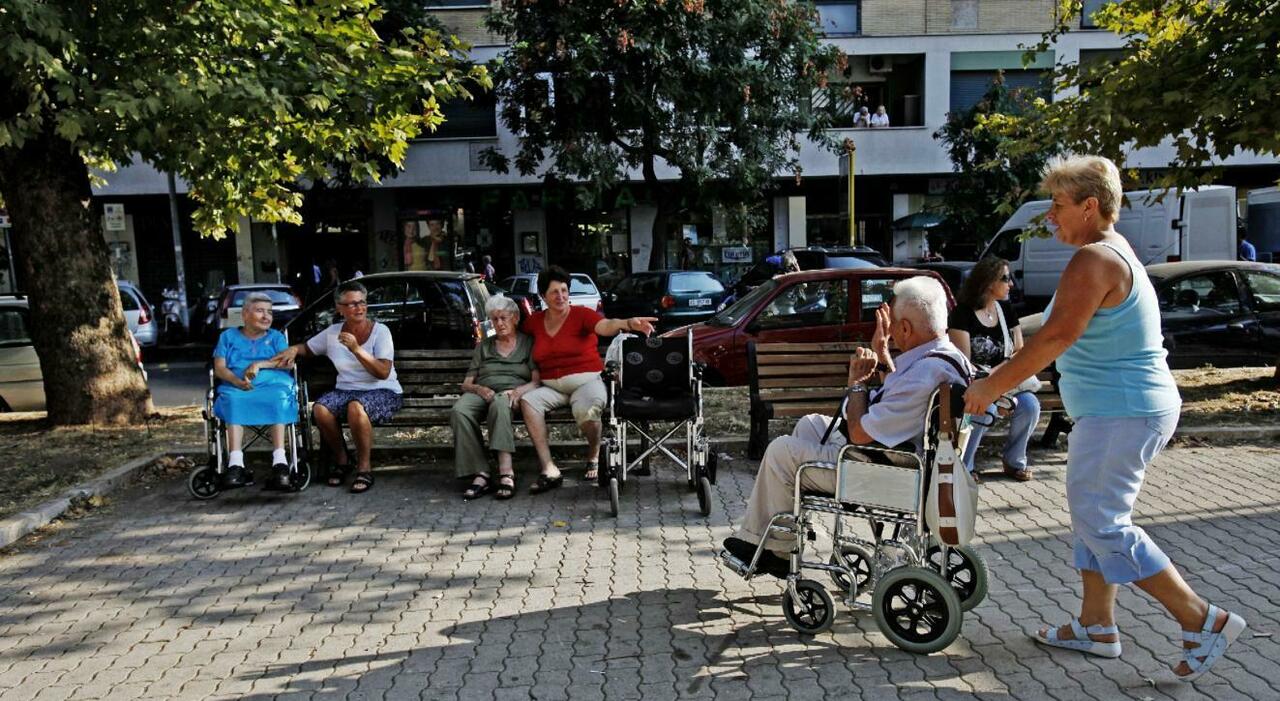Monday 29 April 2024, 12:05 - Last updated: 15:23
Bonus for household workers and caregivers 2024, how does the contribution work? Requests to obtain financial support were opened on April 1st. This is one of the innovations introduced by the PNRR decree. The measure provides funding of 137 million from 2024 to 2028, drawing from the national program "Youth, Women, and Work 2021-2027". The bonus amounts to up to 3,600 euros per year (a maximum of 300 euros per month for 12 months) and will cover the expenses incurred for the remuneration of the caregiver. The aid will be provided by CassaColf, the entity that offers supplementary health services for domestic workers, and will serve to supplement the salary of the caregiver regularly employed by the family. From requirements to amounts to applications, here is a complete guide. Irpef, the decree is coming: tax breaks for those who hire. Leo: "Checks in progress on the thirteenth-month bonus". The exemption corresponds to a maximum of 3,600 euros per year for hiring caregivers who assist non-self-sufficient elderly people over 80 who are already entitled to an accompanying allowance. The decontribution is 100%. The limit? The income requirement. Only those family units with a valid ISEE up to 6,000 euros can access the household workers and caregivers bonus. Applications can be submitted starting from today, April 1, 2024, until December 31, 2025. The bonus will apply both in the case of a first hiring and in the case of conversion to an indefinite term. The exemption is not granted if a working relationship between the caregiver and the family accessing the relief has ceased less than six months ago. Also excluded is the hiring of relatives or relatives except in the case of disabled, blind, or religious people. The bonus is introduced in the labor measures with the aim of "promoting the improvement of the qualitative and quantitative level" to non-self-sufficient people and "encouraging the regularization of care work provided at home". However, due to the imposed limits, it is expected that only a few thousand families will be able to access it. Hiring of household workers and caregivers is on the rise. The hiring of caregivers increased by 17% in 2023. The growth was recorded by Family Care, the employment agency authorized by the Ministry of Labor, specialized in family assistance at home and in hospitals. The latest report promoted by the Domina Observatory recorded that in 2022, the hiring of household workers and caregivers in Italy had suffered a significant reduction, equal to -7.9% due to the exhaustion of the effects of the "amnesty" that allowed the regularization of many foreign domestic workers, bringing regular hires back to the levels of 2016. How the CAS.SA.COLF reimbursement works. As stated on the website, the CAS.SA.COLF reimbursement is recognized in favor of members for the payment of remuneration and contributions of household workers and caregivers. It is dedicated only to employers who suddenly find themselves in conditions of non-self-sufficiency and, more precisely, in a state of permanent non-self-sufficiency with total and permanent physical inability to perform some of the basic acts of daily life on their own. For example: washing; dressing and undressing; going to the bathroom and using it; moving; continence; feeding. How to calculate the remuneration. If the household worker, caregiver, or babysitter has a monthly wage, the actual hourly wage is obtained by multiplying the monthly wage by 13, dividing by 12, and dividing by the monthly hours. Who is excluded. The possible hiring of relatives or relatives is not allowed, except in the case of assistance to disabled, blind, or religious people.
© ALL RIGHTS RESERVED
This article is automatically translated
